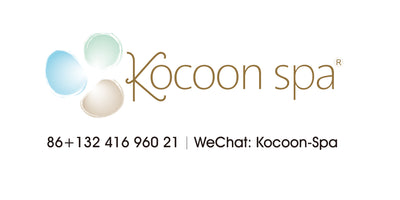Spring
The three months of spring are the time of renewal: the old and stale dissipates, heaven and earth come to life, and everything blossoms. Rest at night and get up early, stride freely through the courtyard, let your hair down and indulge in the leisurely feeling of a morning stroll; this is how you should raise your spirits in spring. Foster all life and do not kill, be generous and agreeable, give freely and do not punish. This is the way of honoring the qi of spring and nourishing life during this season. Going against these characteristics of the seasonal flow will have harmful affects on the liver network

Spring is the season of harmony. This is the time to roam through gardens and forests, to sit leisurely in scenic kiosks and take in the tranquil sights of nature. Open up your heart, get rid of all stagnant energy, and thus encourage the budding qi of birth, life, and renewal to flow. At this time, it would be against the dynamics of nature to sit around dwelling on things and grow stagnant and depressed. Avoid drinking a lot of alcohol, and show some restraint with those commonly eaten flour products that have a tendency to harm the spleen and stomach networks. They are truly hard to digest.
Gao Lian, a 16th century poet and medical scholar who was an ardent proponent of the art of nourishing life. Gao Lian exemplifies the classical type of Chinese literatus who saw the cultivation of art, music, and poetry as a gateway to the mysteries of the body and the mind. While recognizing the medicine of poetry, he was also intrigued by the poetry of medicine. His delight in the rich cultural aspects of Chinese medicine and his efforts to collect medicinal recipes, herbal prescriptions, and therapeutic exercises put him in the company of other famous poets devoted to the pursuit of medical studies, such as the Song Dynasty master lyricist Su Dongbo. For both of these distinguished literati, medicine represented the realization of the artistic quest in the realm of the physical, namely humankind’s age-old search to reconnect and resonate with its cosmic origins. Gao’s writings thus reflect the conviction of the poet-philosopher class of dynastic China that one cannot successfully play music, create art, rule a country, or treat a patient without cultivating this vital connection to the macrocosm. More specifically, the following four pieces are intended to remind us that medicine was primarily introduced as the art of celebrating the healthy body and preventing any detachment from the vitality imbuing cycles of the universal flow.
Excerpt from Gao Lian’s four famous seasonal tableaux
Introduced and translated by Heiner Fruehauf
